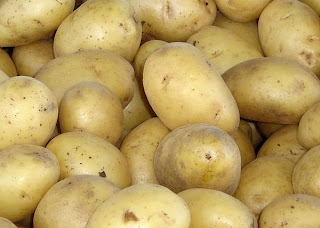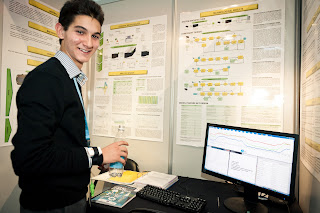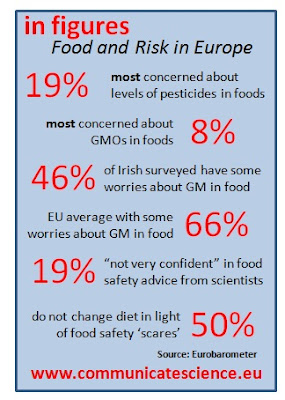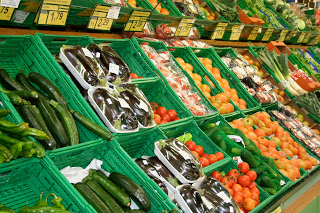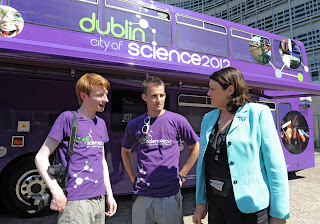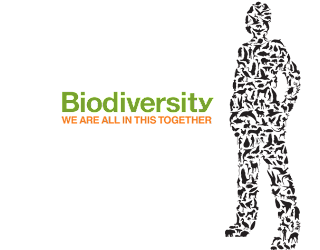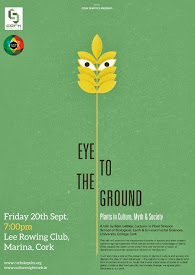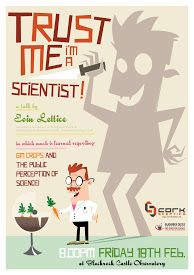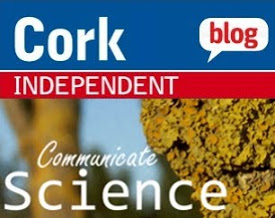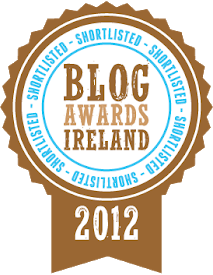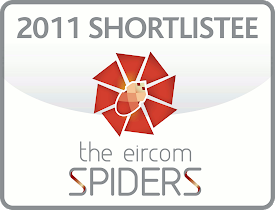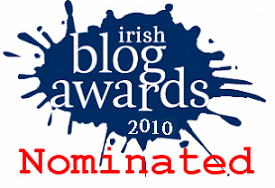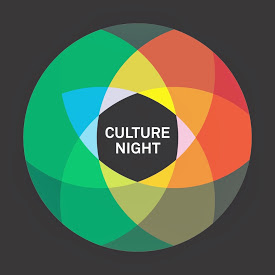|
| Canola in Alberta, Canada |
The recent decision by the European Commission to give EU member states the ability to ban GM crops on a state-by-state and crop-by-crop basis means that the EC has failed science and failed itself.
The EC plan announced in July is to allow individual member states the freedom to "allow, restrict, or ban" the commercial cultivation of GM crops in their jurisdictions. The EU will still need to authorise the growth of such crops in the same way it always has, however now the individual member states can ban production of the crop even if the EU says it is perfectly safe to grow and consume.
In this respect, the European Commission is, on the one hand putting its faith in, what it calls, its own "science-based GM authorisation system" and on the other saying to member states that they can ignore the science and plough on regardless with anti-GM bans.
With one decision, the EC has cast doubt on its own GM authorisation system; has refused to back the overwhelming scientific evidence and has handed an own-goal to those who would ban GM crops without any research into their potential benefits, or indeed problems.
Undoubtedly, the GM authorisation system in painstakingly slow. Take for instance the eventual go-ahead received by German chemical company BASF for the production of its 'Amflora' potato variety. With altered starch-producing properties which makes it easier to extract the starch for industrial uses, the company spent 13 years guiding it through the European testing and authorisation procedures.
'there can be few who say that the process is not thorough enough'However, despite the system being slow, there can be little doubt that it is very thorough and very conservative in its decision making. GM opponents will, of course, question the final result in some cases, but there can be few amongst them who can say that the process is not thorough enough.
With the recent EC decision, this "science-based authorisation system" remains intact but it will now be just the first stage in the authorisation process. Once a thorough scientific investigation has been carried out at EU level, GM crop producers will need to face a new challenge: that of a heterogenous mix of member states with a range of views on GMO's.
The obstacles at member state level cannot be science-based: the science will have been tested at EU level and found to be sound (otherwise it will not reach the member states). The obstacles at member state level will be political, social and opinion-based.
In announcing the change of course, the Health and Consumer Policy Commissioner, John Dalli confirmed that this decision has nothing to do with science: "Granting genuine freedom on grounds other than those based on a scientific assessment of health and environmental risks also necessitates a change to the current legislation. I stress that, the EU-wide authorisation system, based on solid science, remains fully in place."
In Ireland, for example, the Green Party are now minority partners in government and hold a considerable amount of sway in decision making. Some good news for the environment perhaps, but they have also managed to get a promise to declare Ireland a "GM-Free Zone" written into the current Programme for Government.
Trevor Sargent, the Irish Green Party's spokesperson on Agriculture, Fisheries and Food says that the proposals from Europe "facilitates" the delivery of the GM-Free Zone but he notes: "GM plants do not respect borders and countries like Ireland who are choosing to opt for a GM-free strategy must be facilitated to do so."
Quite how any country could be facilitated in this way is unclear. News from the US last week tells us that GM Canola is capable of spreading over large distances, so it begs the question what would happen if two EU member states sharing a land border were to take opposite views on a particular GM crop?
'The proposed amendments to GM policy will lead to a segregation policy'In addition to a failure to stand up for science, the EC decision appears to be at odds with one of the key goals of the European Union - that of being a free market without border controls between its member states. The proposed amendments to GM policy will lead to a segregation policy with pro-GM and anti-GM states taking sides.
As John Dalli said, the authorisation system based on solid science "remains fully in place". It's just a pity that the EC won't stand over the results of that system, preferring instead to pass the buck to national governments who will be permitted to ban GM crops with zero science to back up their decision.
An edited version of this article appears on the Guardian.co.uk Science Blog. You can read it here.

